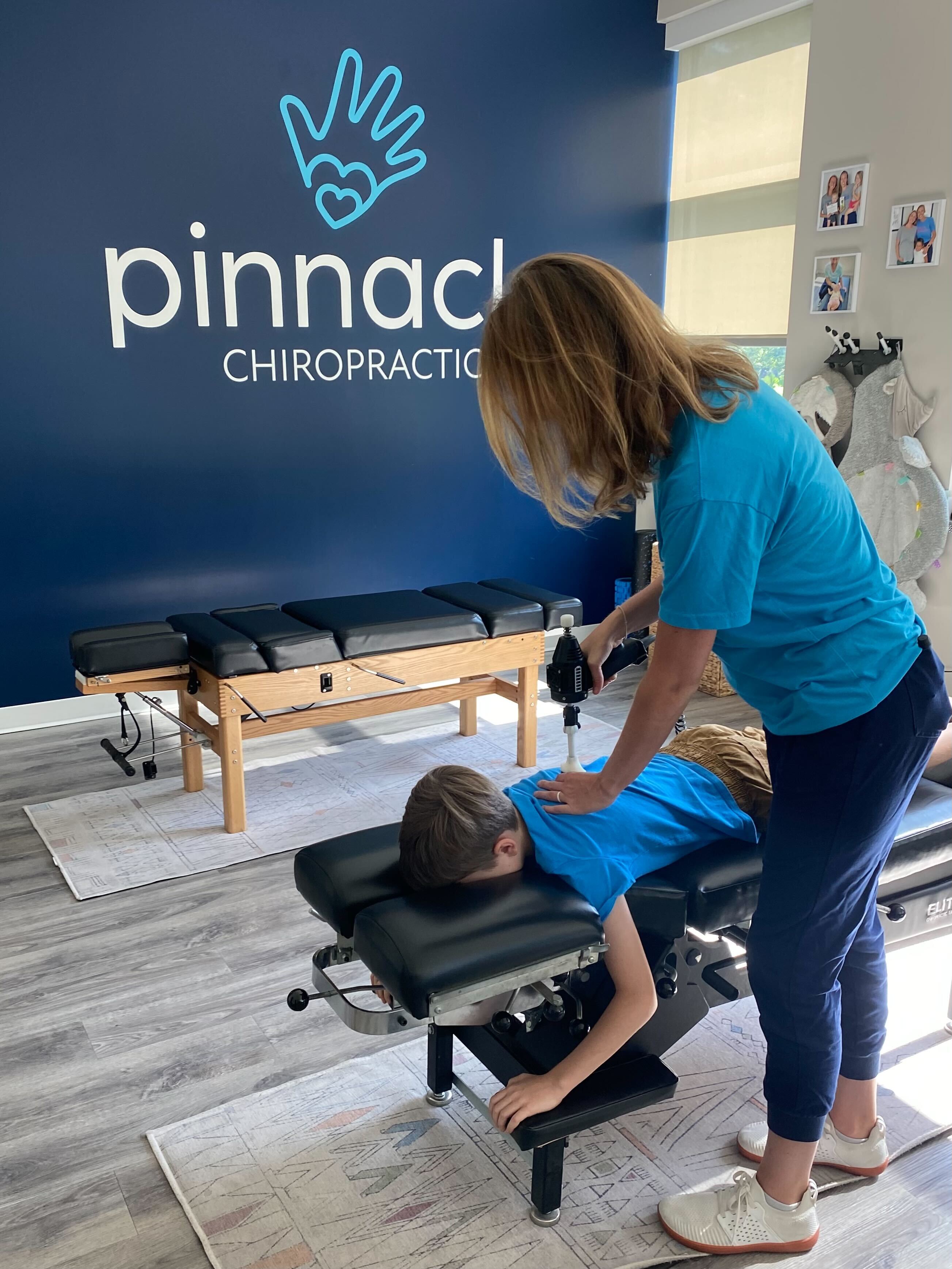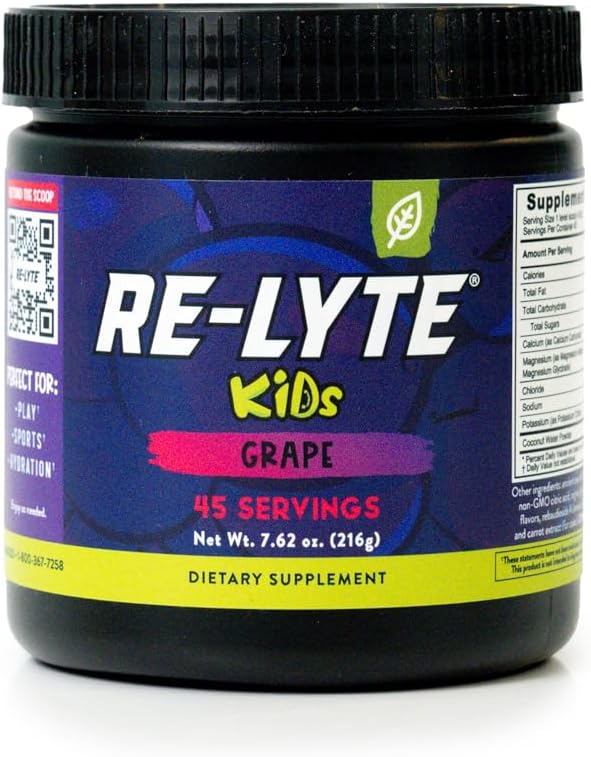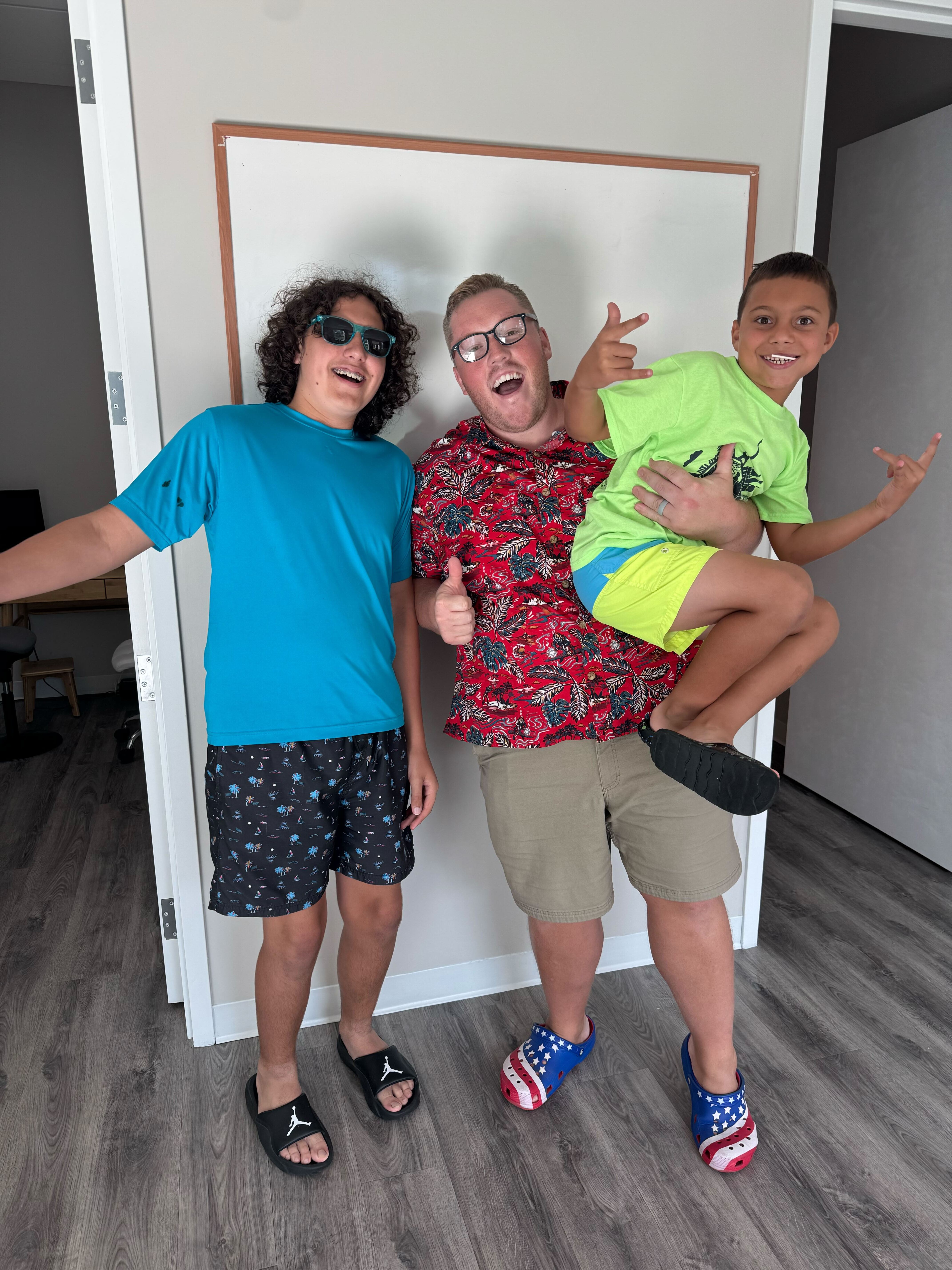As a parent, it’s heartbreaking and overwhelming to watch your teen grapple with dizziness, fatigue, frequent fainting, and persistent anxiety. Every time they stand up or change positions, you find yourself holding your breath, wondering if they’ll feel lightheaded or need to sit back down. If your child has been diagnosed with Postural Orthostatic Tachycardia Syndrome (POTS), you’re likely searching for answers to make sense of these difficult symptoms.
POTS impacts about 1 in 100 teenagers, with girls being 2–3 times more likely to develop the condition. While you may have been told it’s linked to genetics or perhaps haven’t received a clear explanation at all, there’s much more to this story that every parent should know.
Looking Beyond Genetics: Understanding the Root Cause
The key to understanding POTS lies in understanding how your child's nervous system functions. While genetic factors may play a role, the primary trigger for POTS symptoms is often related to nervous system dysfunction and dysregulation, particularly within the autonomic nervous system.
The Vagus Nerve Connection
At the heart of this condition is the vagus nerve - a crucial component of your child's autonomic nervous system that:
- Controls heart rate and blood pressure
- Regulates breathing patterns
- Maintains overall body balance
- Influences focus and concentration
Today's teenagers are living in perhaps the most stressful era and toxic times we've ever seen. This constant stress bombards our children’s nervous system and leaves it stuck in a state of sympathetic fight-or-flight stress mode, which leads to vagus nerve dysfunction.
Understanding Dysautonomia
Chronic subluxation and nervous system dysregulation can lead to a condition called dysautonomia - an imbalance in the autonomic nervous system where:
- The "fight or flight" response becomes overactive
- The calming, regulatory functions become suppressed
- Multiple body systems are affected simultaneously
Why Traditional Medical Tests May Miss the Root Cause
Many parents become, understandably, frustrated when standard medical tests fail to provide answers. Traditional tests usually don’t measure nervous system regulation. The focus is typically on individual symptoms rather than underlying systemic dysfunction. Subtle neurological imbalances can be difficult to detect with standard testing.
Hope Through Understanding: What Parents Can Do
Understanding that POTS is primarily a nervous system condition opens up new avenues for support and treatment. Modern diagnostic approaches can now:
- Measure nervous system regulation
- Track heart rate variability
- Identify specific areas of neurological interference
- Monitor improvements over time
Taking Action: Next Steps for Parents
- Recognize the Signs: Watch for patterns in your child's symptoms, particularly when changing positions or during periods of stress.
- Consider a Comprehensive Evaluation: Look for healthcare providers who understand the neurological aspects of POTS and use advanced diagnostic tools to measure nervous system function.
- Address Physical Tension: Pay attention to signs of stress and tension in your child's upper neck, lower neck, shoulders, and mid-back.
- Support Overall Nervous System Health: Work with healthcare providers who can help address the underlying nervous system dysfunction rather than just managing symptoms.
The Path Forward
At Pinnacle, we utilize cutting-edge tools like our INSiGHT Scans to pinpoint specific areas of neurological interference that may be contributing to your child’s symptoms. These advanced scans, including NeuroThermal and Heart Rate Variability (HRV) testing, provide measurable insights into autonomic nervous system function and allow us to track progress over time, offering tangible evidence of improvement.
Don’t hesitate to reach out today to schedule a consultation for your child. If you’re not local to our office, the PX Docs directory can help you find a trusted PX Doc near you.
While POTS presents unique challenges, recognizing it as a nervous system condition opens the door to hope and solutions. With the right care focused on nervous system regulation, many teens experience meaningful improvements in their symptoms and overall quality of life.
You’re not alone in this journey. Countless families are walking a similar path, and with the right support and guidance, your child can take steps toward lasting health and well-being.




.jpg)




